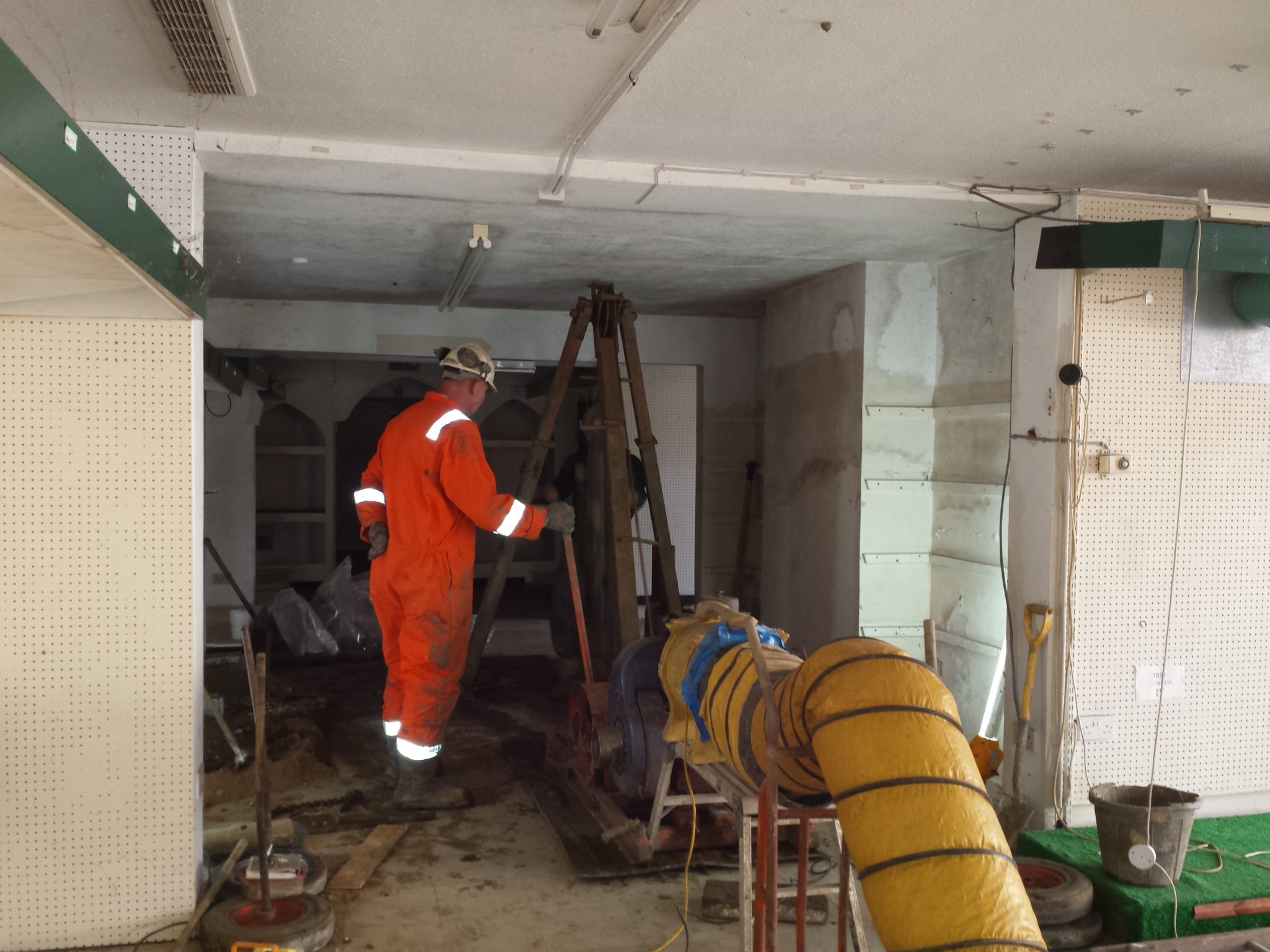Many local planning authorities and London borough councils will only allow basement development where the applicant can prove it will not cause harm to the built and natural environment. Addressing this issue typically requires a ‘basement impact assessment’ (BIA) which is specific to the site and proposed development.
The requirements for the BIA will vary but will typically involve a phased approach:
Stages 1 and 2 – Screening and scoping
The first stage is to commission a hydrogeological and hydrological screening and scoping report to determine whether further desk study, site investigation and impact assessment is required. The screening and scoping report will identify the matters relevant to assessment of local flooding and/or neighbouring amenity and structural risks.
Stage 3 – Site investigation
Depending on the findings of the screening and scoping report a geotechnical and geoenvironmental desk study and site investigation may be required. The design of the investigation will depend on the location of the proposed basement, its size and setting, and its relationship to adjacent structures.
The site investigation will comprise several phases, including:
- Desk study and site reconnaissance;
- Intrusive investigation;
- Monitoring;
- Reporting; and
- Interpretation.
The aim of the desk study and site investigation are to determine the geological conditions; assess the geotechnical and hydrogeological constraints; and consider the implications of the ground conditions for the proposed development.
Stage 4 – Impact analysis
The final stage is detailed impact analyses (if required) on the effects of the proposed basement construction including: calculations of predicted ground movements; structural impact; slope stability; and groundwater flows.


